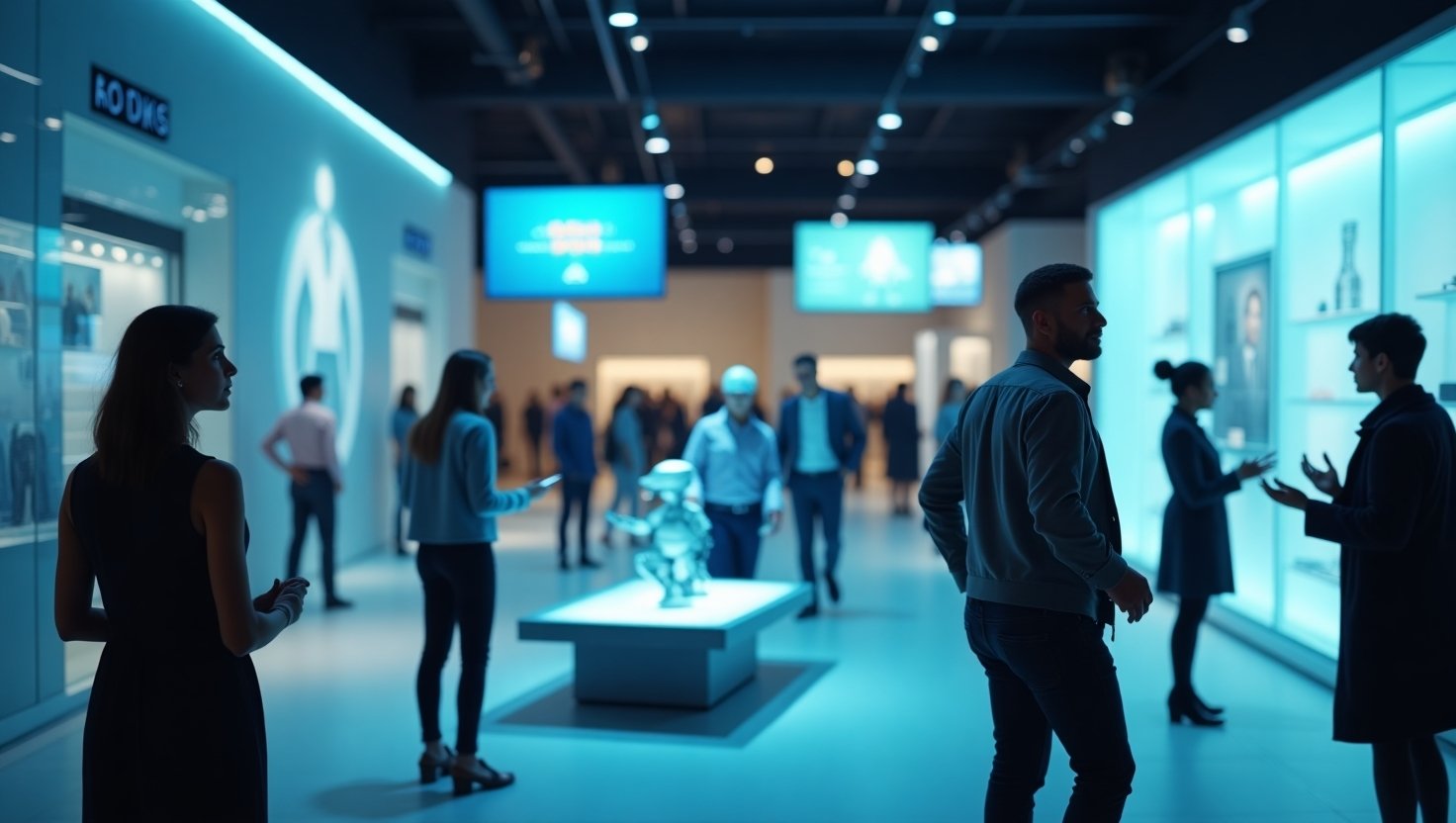Navigating the Future: AI Integration in Retail
Artificial Intelligence (AI) is transforming the landscape of various industries, and the retail sector is no exception. The integration of AI into retail operations is shaping not only internal processes but also consumer experiences, leading to more efficient and personalized shopping journeys. This article delves into the best practices for AI integration in retail, highlights leadership’s role in technology implementation, and explores the future implications for the industry.
Best Practices for Integrating AI in Retail
Successful AI integration in retail requires a strategic approach rooted in best practices. First, it’s essential to start with a clear understanding of business objectives and how AI can help achieve these goals. A focus on specific areas such as supply chain and customer service can act as a guide for implementing AI solutions. For instance, Dollar General’s appointment of Travis Nixon as Senior Vice President of AI Optimization exemplifies how leadership can target AI efforts to optimize supply chain, store operations, and merchandising strategies, contributing to a 5.1% increase in net sales (source: Retail Dive).
Second, data-driven decision-making is a cornerstone of effective AI integration. By leveraging real-time data analytics, retailers can gain valuable insights into consumer behaviors and market trends. This approach not only enhances customer experiences but also drives operational efficiencies. An example can be drawn from Walmart, which utilizes AI to offer features like item location tracking and personalized deal listings, significantly boosting customer engagement and in-store spending (source: Retail Dive).
Leadership’s Role in AI Adoption
Leadership is pivotal in the seamless adoption of AI technologies within retail. Effective leaders possess the ability to align AI strategies with broader business objectives and inspire teams to embrace technological change. As seen in Dollar General’s strategic leadership decisions, the integration of AI is a key component of its ongoing digital transformation initiative. This leadership in retail sets the stage for increased innovation and adaptability across the sector.
Influential leaders also foster a culture of continuous learning and development, ensuring that employees are trained and well-equipped to utilize AI tools effectively. This not only enhances internal capabilities but also positions retailers to anticipate and adapt to future market changes.
Future Implications and Forecasts
The future of retail is poised for further transformation as AI technologies continue to evolve. As AI becomes more sophisticated, its potential to revolutionize retail operations will expand. AI-driven personalization is forecasted to become even more refined, offering customers tailor-made solutions based on their preferences and shopping histories.
Moreover, the role of AI in enhancing customer interaction and support is set to grow, with automation tools predicting customer needs and addressing queries efficiently. This evolution will likely see AI becoming a foundational element of retail strategy, akin to the role of electricity in the early 20th century—ubiquitously integral yet transformative.
Retailers that prioritize AI integration today may not only gain a competitive edge but also redefine the future of shopping experiences. By adopting best practices, focusing on leadership, and leveraging AI’s full potential, the retail sector can achieve sustainable growth and operational excellence in the years to come.
Conclusion
The integration of AI in retail is not merely an option but a necessity for those aiming to thrive in a digital-first world. As retailers navigate this complex yet rewarding journey, recognizing the critical role of leadership and commitment to best practices will drive successful AI implementation. With AI leading the charge towards a more personalized, efficient, and customer-centric retail landscape, the future promises innovation that was once the realm of science fiction.










